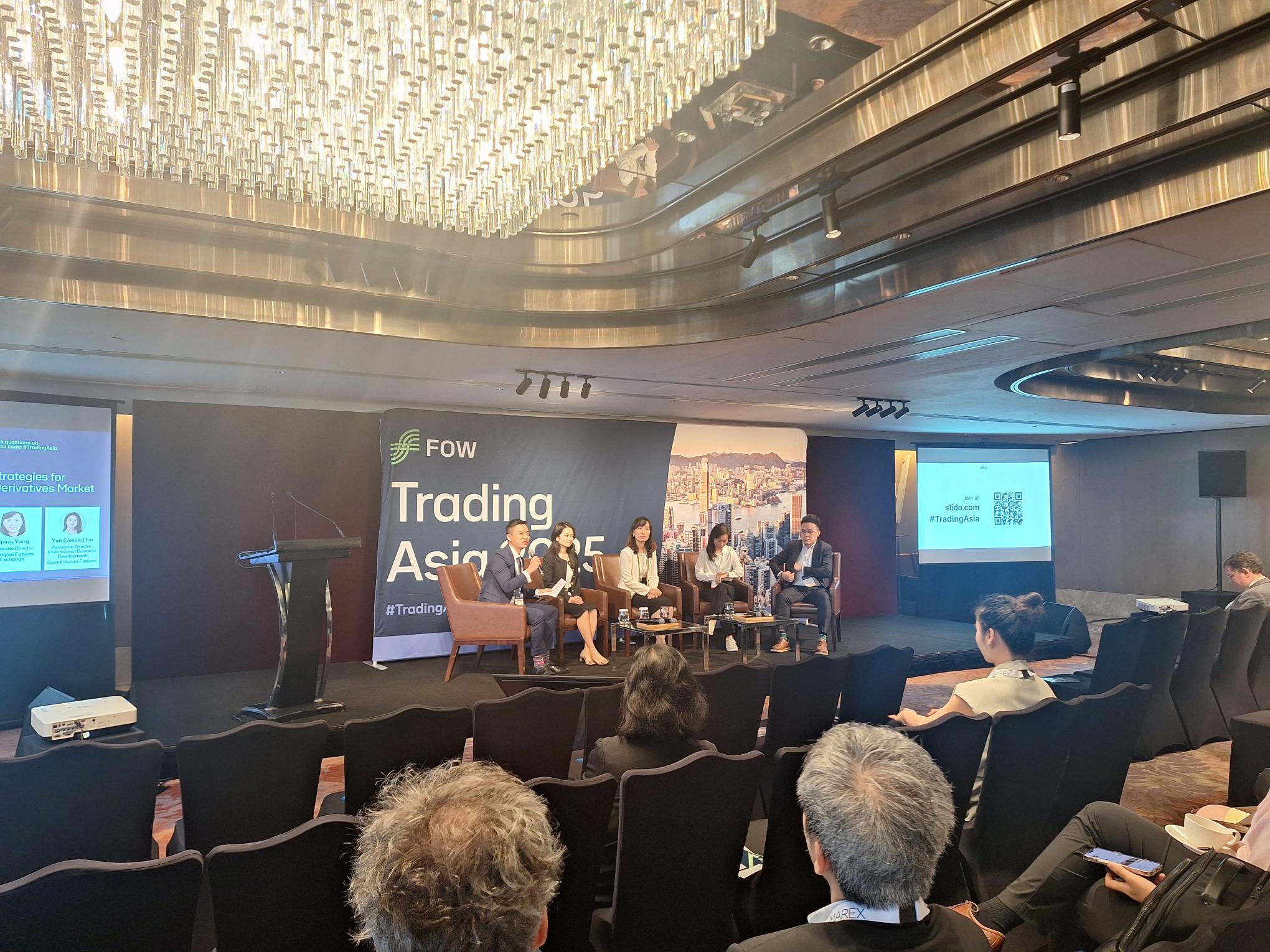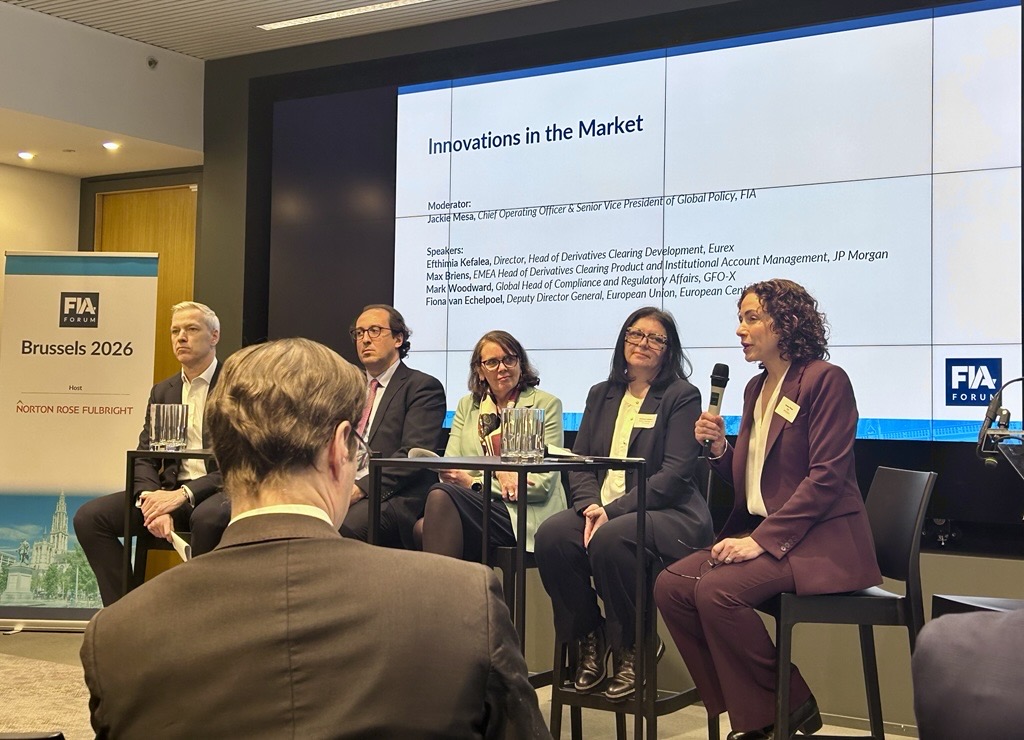FOW Asia 2025 – Key Panel Highlights on Derivatives and Futures Markets
The FOW Asia 2025 conference brought together leading market participants to discuss the latest trends shaping Asia’s derivatives and futures landscape. Two panels stood out, covering the future of Asia’s options markets and the opportunities in China’s rapidly evolving futures market.
Here are the main insights.
Asia Options Market: Innovation, Education, and Technology
Innovation is essential
Panelists emphasized the need for product innovation to keep markets vibrant.
- More listed options products
- Moving OTC flows onto exchange
- Extending access with continuous trading sessions
Innovation is seen as a critical driver for boosting both retail and institutional participation across the region.
Education must take center stage
The meme stock boom in the U.S. was a reminder of the dangers of gamification without education.
- Many retail investors lose money due to lack of knowledge.
- Platforms and exchanges have a responsibility to educate users.
- Derivatives are tools, not dangers – but they must be used properly.
Technology: robustness over speed
While U.S. markets are known for high-frequency trading speed races, Asia’s market structure is different.
- Execution quality, stability, and risk controls are the real priorities.
- Features like kill switches and robust governance frameworks are now standard.
- Investors want confidence that platforms remain resilient even during volatility.
Blockchain: still early stage
Blockchain and tokenization were discussed, but experts agreed adoption is still limited.
- Real near-term use cases include tokenized money-market funds and stablecoins as collateral.
- Full-scale derivatives clearing on blockchain remains years away.
China Futures Market: Opportunities and Challenges
China now operates the largest commodity futures and options market in the world, surpassing even the U.S. and Europe in trading volumes.
Expanding access
- Qualified Foreign Investor (QFI) programs and internationalized contracts are opening doors.
- Global participation is growing, with more overseas brokers and institutional investors joining.
Key challenges
Despite the opportunities, hurdles remain:
- Regulatory complexity requires constant monitoring.
- Limited support for physical delivery in some contracts.
- Infrastructure demands: APIs, algos, and reliable trading systems.
Future growth drivers
Panelists identified three major areas to watch:
- Index futures – high global demand and strong potential for internationalization.
- Fixed-income futures – a gateway for bond investors to hedge interest rate risk.
- Commodity expansion – continued growth in products such as energy, metals, and agriculture.
Key Takeaway
The next wave of growth in Asian derivatives and futures markets will depend on:
- Innovation: new products, new structures, and continuous trading.
- Education: empowering retail investors and ensuring long-term participation.
- Robust technology: reliable, risk-managed, and resilient systems.
- China’s internationalization: opening more products to global investors.
With these elements in place, Asia is poised to strengthen its role as a global hub for derivatives trading.


